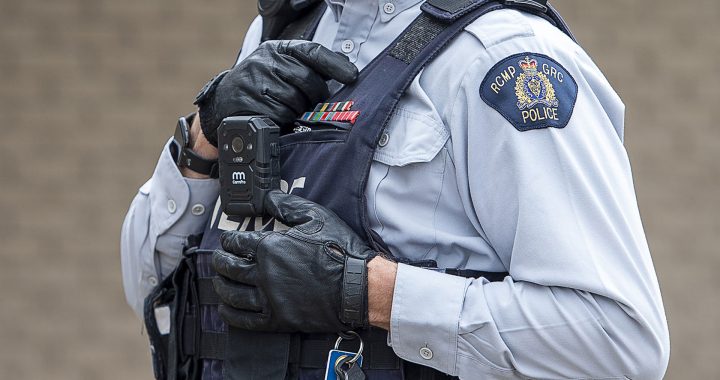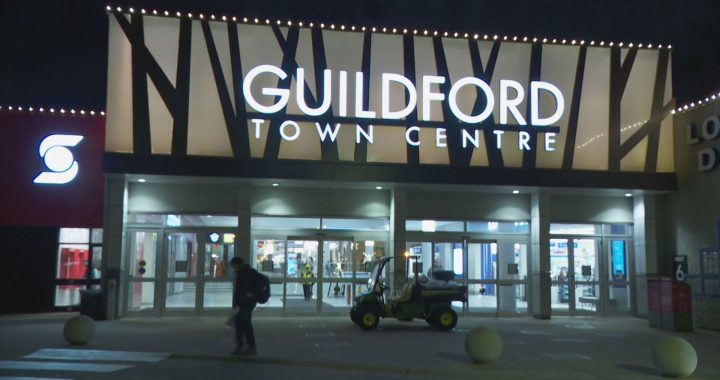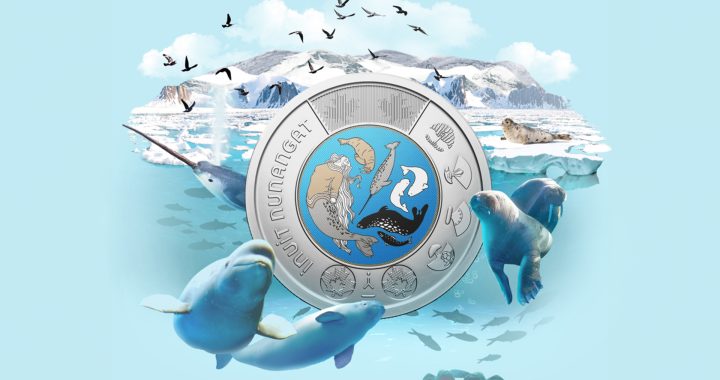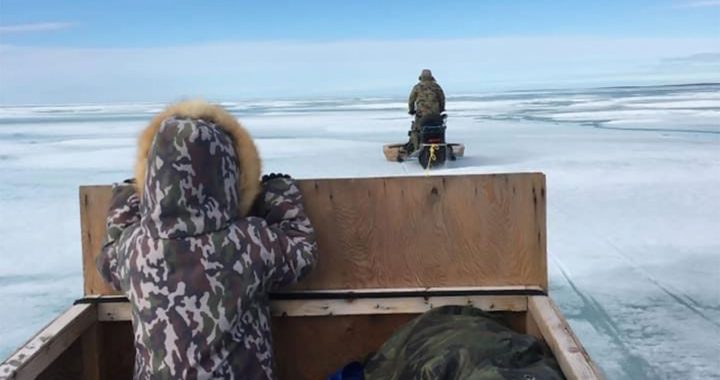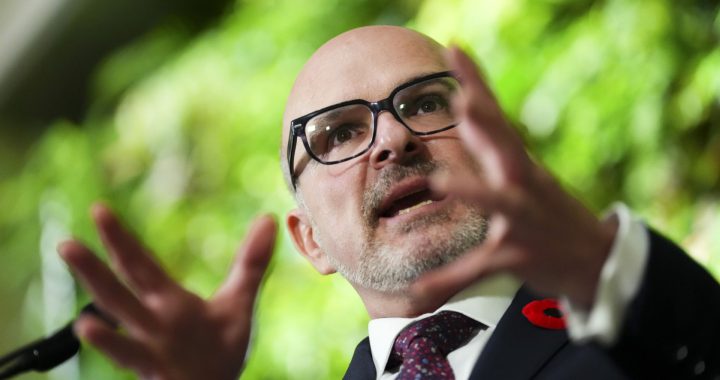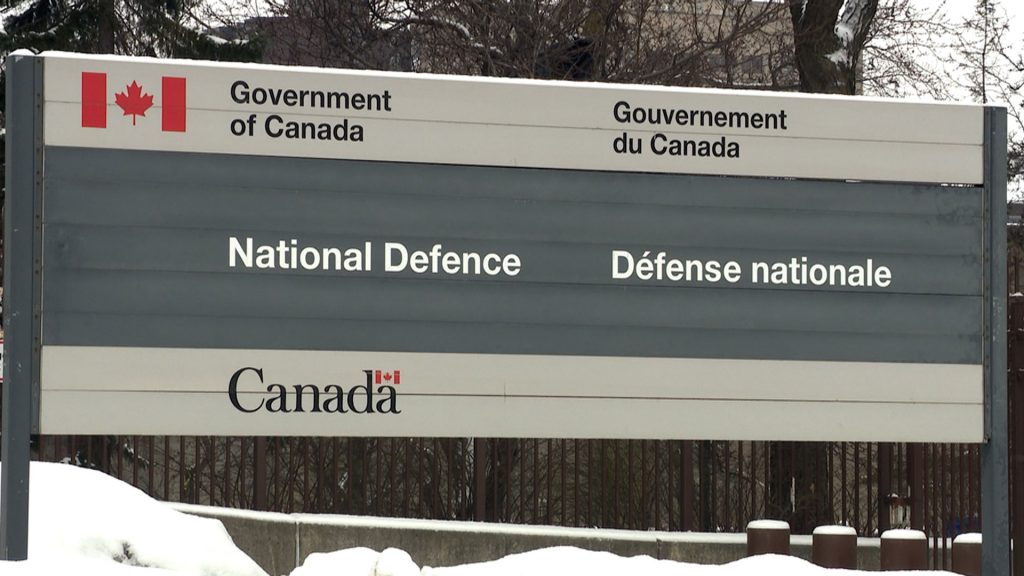
An advisory panel on systemic racism released its final report on April 25 after being tapped to conduct the probe in December 2020. Photo: APTN
The Canadian military’s links to neo-Nazism, white supremacy and right-wing extremism have plunged it into scandal after scandal over the past three decades, and according to an internal study the problem is getting worse.
The military’s advisory panel on systemic racism and discrimination, which then-Defence minister Harjit Sajjan established in December 2020, delivered a scathing final report Monday at a press conference in Ottawa.
It says a toxic, corrosive environment marked by rampant abuse of power is “repulsing” potential new recruits and will continue to harm the defence establishment’s reputation unless it’s rapidly reined it.
“In addition to sexual misconduct and domestic violence, hate crimes, extremist behaviours and affiliations to white supremacy groups are growing at an alarming rate in both Canada and its Defence Team,” the report says. “It is becoming increasingly covert, and technological advances such as Darknet and encryption methods pose significant challenges in detecting these members.”
The four-member panel was given a mandate to seek out and eliminate all sources of anti-Indigenous and anti-Black racism in the ranks. It delivered this troubling warning along with 13 areas of improvement and 43 recommendations.
The report notes that the armed forces have a history of anti-Indigenous colonial conduct, citing the seizure and expropriation of the Stoney Point reserve in southern Ontario under the War Measures Act in 1942 as an example.
The military’s ties to racist hate groups and white supremacy are also well-known, particularly following the violent abuses of the 1993 Somalia Affair, in which racist neo-Nazi Canadian soldiers tortured and murdered Somali teenager Shidane Arone during a UN-backed humanitarian deployment.
The public inquiry probing the affair later uncovered that hate symbols like Nazi swastikas, Ku Klux Klan flags and Confederate rebel flags were displayed regularly at CFB Petawawa, about 170 km northwest Ottawa, in 1992 during pre-deployment preparations for the Somalia mission, while members commonly used the n-word including against the regiment’s only Black soldier.
The military continues to harbour personnel with neo-Nazi and white supremacist sympathies — in some cases even nurturing the rise of the domestic far-right — and went through a minor internal reckoning over the issue in recent years.
In 2015, two former military men founded La Meute, a radical identarian and Islamophobic group in Quebec that intelligence analysts said attracted attention from right-wing extremists overseas.
In 2016, three lead plaintiffs filed a class-action lawsuit against the armed forces alleging it operates a widespread culture of systemic discrimination “in which derogatory slurs, racial harassment and violent threats are tolerated or ignored, causing lost career opportunities and physical and psychological harm.”
In 2017, on Canada Day, five members of the Proud Boys, which has been designated a domestic terrorist group, disrupted a Mi’kmaw-led vigil for missing and murdered Indigenous women and girls, and were later returned to active duty.
In 2018, an internal probe penned by the military’s criminal intelligence branch confirmed at least 53 armed forces members were linked to hate groups between 2013 and 2018, though the actual number was probably higher.
And yet the report concluded “hate groups do not pose a significant threat” to the armed forces or defence bureaucracy, noting less than 0.1 per cent of its members were active extremists.
This conclusion landed the military in hot water as advocacy groups like the Canadian Anti-Hate Network argued it revealed military brass not only tolerated terrorists in their ranks but were cavalier about it too.
Read more:
Military spies say convoy blockade poses ‘no security threat’ to Defence Department
In 2019, catching heat and concerned about reputational damage, defence leaders requested briefings from the military’s counter-intelligence unit, a secretive spy agency mandated to guard against hostile subversion, terrorism and espionage at home and abroad.
The briefing, released under access to information laws, said right-wing extremists “have generally been supportive of the military due to perceived shared values such as loyalty, patriotism, and brotherhood.”
Similarly, in a 2018 report marked secret, the counter-intelligence squad estimated at least 100 “mostly disorganised” white supremacist and neo-Nazi groups existed countrywide with whom defence personnel had “varying degrees” of association.
The study referred to research from the United States that found hate groups “were more likely to attract recruits with a history of military service than any other type of domestic terrorist group” over the past 25 years.
“The majority of RWE groups profess their goals as loyalty, honour, and defending the ‘Nation’ from outsiders,” said the report. “These qualities closely echo the military traditions increasing the ease with which current DND/CAF members and veterans are being attracted to such organisations.”
A similar study said these groups “do pose a very limited threat of subversion” and “will always attract active and former military personnel due to their conservative values and para-military trainings.”
In the wake of these probes, the country’s spy watchdog, the National Security and Intelligence Review Agency (NSIRA), said in its 2020 annual report the military’s counter-intelligence branch isn’t taking white supremacy serious enough.
NSIRA said white supremacy “poses an active counter-intelligence threat” to the defence establishment, and yet the unit’s “mandate to proactively identity this threat is limited.”
This latest report, finished in January 2022, offers more evidence that despite being aware of this problem for decades military leaders are either unable or unwilling to deal with it.
The report says that member involvement in extremist groups “is a pressing moral, social and operational issue” and “anathema to the ideals and aspirations” of the defence establishment.
“Their presence also threatens the trust of the Canadian population in the Defence Team,” the report says, and yet “the detection of extremist pockets or individuals is still very much siloed and inefficient.”
The report also says that both racism and sexual misconduct, which resulted in a scandal in 2021, are symptoms of the same toxic malaise afflicting the military. The panel’s first recommendation says a litany of past recommendations, which were “poorly implemented, shelved, or discarded,” must be re-examined and fulfilled.
Flanked by senior officials and panel members, Defence Minister Anita Anand told the Monday press conference she accepts the findings and will work on them.
“The panel urges the defence team leaders to consider these recommendations with resolve and with urgency,” she said, “and that is exactly what we will do.”




